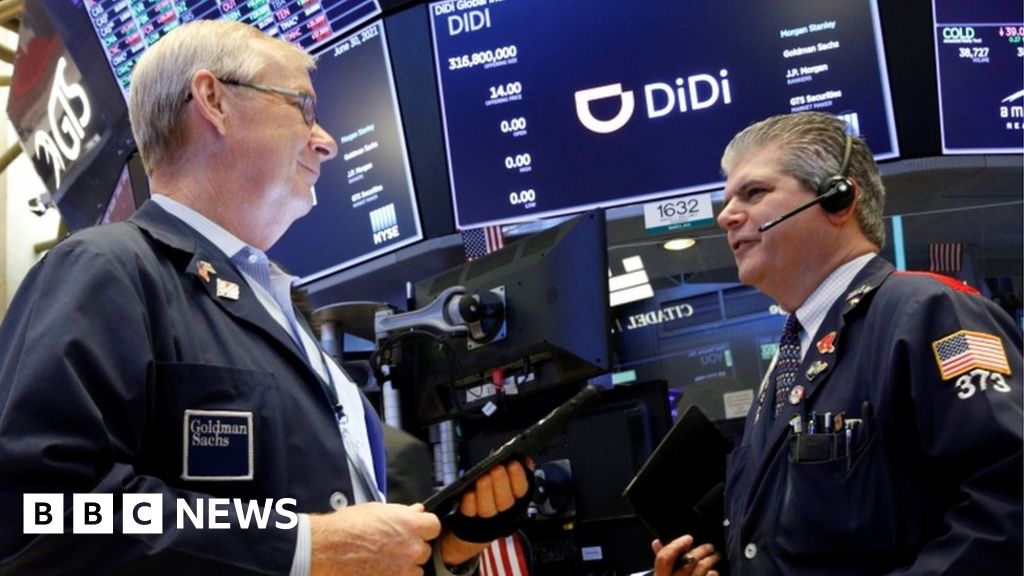image credit: Reuters The stock price of Didi Chuxing, a Chinese ride-hailing company, has plummeted as a result of a crackdown on tech companies that list on foreign exchanges. The ride-hailing company’s stock dropped 22% on the first day of US trading following the Fourth of July holiday. It comes after China’s internet authority told online businesses not to sell Didi’s app because it improperly acquired personal data from customers. Last Monday, the tech behemoth began selling stock on the New York Stock Exchange. Existing users will not be affected, but new users will be unable to register on the country’s largest ride hailing site. Didi, a platform comparable to Uber or Lyft, collects massive amounts of real-time data every day to analyze traffic trends and develop autonomous driving technologies. The Chinese ride-hailing behemoth makes its $68 billion debut in the United States. China’s tech behemoths are under regulatory scrutiny. Last Monday, China’s Cyberspace Administration (CAC) declared that it was looking into the corporation to defend “national security and the public interest.” “The Didi Chuxing app was determined to be in significant violation of regulations in its acquisition and use of personal information after inspections and verification,” it stated in a statement. Didi responded on Monday, saying, “The company will endeavor to fix any errors, strengthen its risk prevention knowledge and technology capabilities, protect users’ privacy and data security, and continue to deliver secure and convenient services to its consumers.” In addition, the Chinese government has stated that it will increase oversight of Chinese companies listed offshore. On Tuesday, it issued new instructions, stating that watchdogs must increase cross-border audit cooperation and revise rules “on data security, cross-border data flow, and other private information management.” Following the revelation, shares in other Chinese parent businesses listed in the US, such as truck-hailing service Full Truck Alliance (FTA) and job-search site Kanzhun, plummeted. China’s regulatory crackdowns on numerous tech enterprises, from Alibaba to food delivery service Meituan, have prompted this upgrade. The CAC also stated on Monday that it intends to examine FTA. FTA, like Didi, recently debuted on the New York Stock Exchange, garnering $1.6 billion (£1.1 billion). Didi raised $4.4 billion in its own Initial Public Offering (IPO) this week, the largest IPO by a Chinese company in the United States since Alibaba’s debut in 2014. However, Shifara Samsudeen, an analyst at LightStream Research, predicted that the tech crackdown would have a negative impact on the company’s revenues. “Didi’s app restriction will hamper its user growth, and existing Didi app users will be hesitant to use the company’s app for fear of their personal data being compromised,” she said. “It goes without saying that Didi’s top line would be impacted.” The ride-hailing startup, which was founded in 2012, is particularly popular in China’s urban areas. On average, more than 20 million rides are booked through the app in China each day. Relations between China and the United States The gig economy is a type of economy in which people work China United States of America/n
Read MoreDidi shares plunge amid China tech crackdown
2021-07-06T16:07:49-04:00July 6th, 2021|





